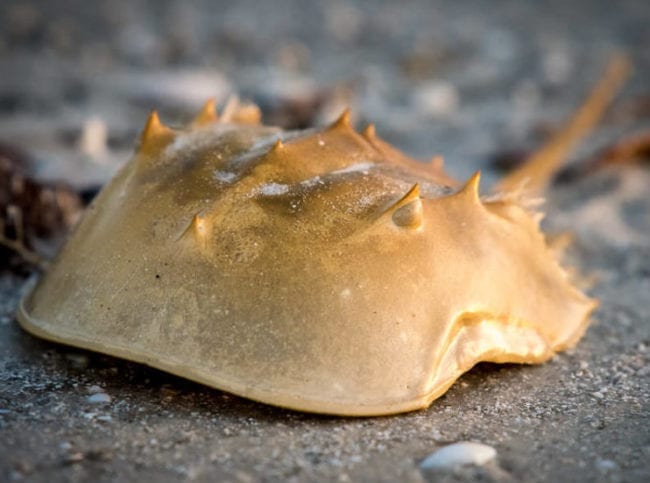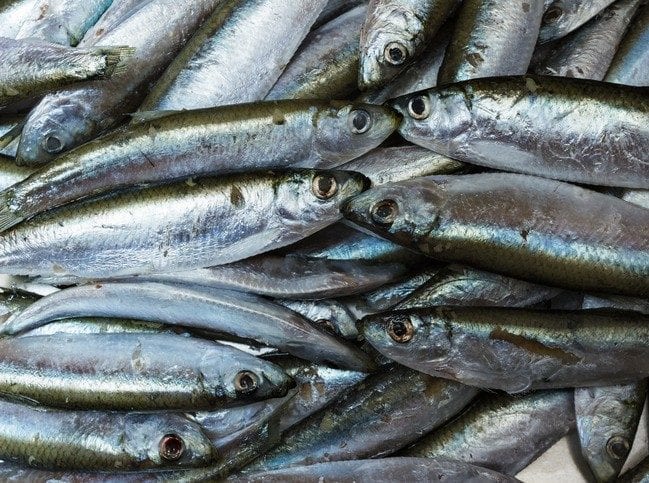Market Alternatives to Wild Harvest
The harvesting of resources from our oceans for industrial and commercial products, or as a food source for the ever-growing human population, places relentless stress on marine ecosystems. The need to reduce this demand for natural marine products can put conservation efforts at odds with economic growth, especially in developing countries. There is an urgent need to balance the health of ocean ecosystems with the demands of industrial human societies.
Marine organisms possess a greater degree of chemical and enzymatic diversity than do those of terrestrial environments. For this reason, the ocean represents a rich source of new chemical products for the pharmaceutical and cosmetic industries. Due to technical advances allowing further exploration of marine environments, approximately 20,000 unique bioactive natural products have been discovered from marine organisms in the past 50 years. Thanks to concurrent advances in metabolic engineering and genomics, many of these potential products will not be harvested from marine organisms, but instead will be made through synthetic biology. Alternative sources of life-saving natural products, like marine-derived drugs, are necessary to prevent potentially devastating consequences to the ecosystems in which they are discovered. In this section, we highlight the horseshoe crab, an ancient species of arthropod whose blood has been harvested for the past 40 years to manufacture an essential quality control assay used in all biomedical production facilities. The invention of a synthetic alternative to this assay in 1997 should have halted the overharvesting of Horseshoe crab blood and reversed the resulting ecological damage to shorebirds. However, it can be difficult to shift an entire large industry away from a proven tool towards a new product, no matter what the ecological benefit. Although this story has a happy ending, it illustrates the challenges that remain in finding and fielding alternatives to replace natural commercial products.
The demand for seafood by the global human population is high and is expected to increase by 30 percent in the next decade. Global fisheries and aquaculture are not in any position to meet this demand. Meat substitutes have been available for a decade; however, recent trends driven by advances in biotechnology are creating new alternatives to meat that are nearly indistinguishable from their natural counterparts. These new advances in plant-derived and cell culture-derived meat sources could provide urgently needed alternatives to seafood for the growing global population of hungry humans, without asking anyone to sacrifice their favorite foods. In this section, we describe several existing products coming to market, as well as many others that are expected to break out in the near future. These products all exemplify the idea of designing ecologically healthy products that match consumer preferences. However, many challenges still exist for this new industry with respect to government regulation, price of production and scaling, and product marketing to industrial and private consumers.
The Market Alternatives section of our Key Findings explores some recently developed and emerging biotechnologies that offer alternatives to natural products derived from the ocean, allowing commercial interests and human needs to be met without adding stress to fragile marine ecosystems.






Back to Top